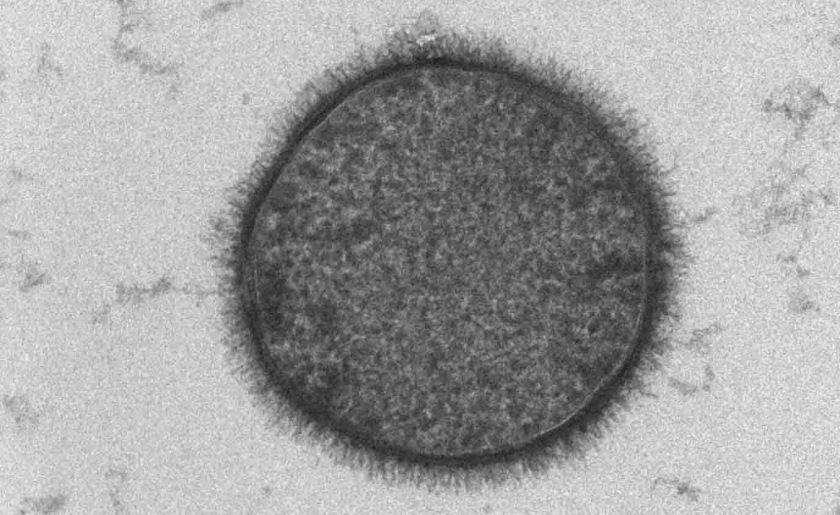Non-vaccine nasal spray could protect against COVID-19

Two UK biotechs – Destiny Pharma and Sporegen – have joined forces to develop a nasal spray that they say could serve as a first line of defense against COVID-19 infections.
The nasal spray could provide protection from infection within a few days of administration, and would be easy to make in bulk at a low cost, say the partners.
The programme is still in the early stages of development, but if it works in trials would provide another approach to prevent transmission of SARS-CoV-2, the virus that causes COVID-19, alongside vaccines and prophylactic antibodies.
That could be important if it takes longer than expected to bring vaccines and antibodies to market, said a spokesman for the companies, pointing to the news this week that AstraZeneca has halted phase 3 trials of its COVID-19 vaccine candidate AZD1222 after a serious adverse reaction in one patient.
The spray is based on the SporeVax technology developed at Sporegen by Royal Holloway University Professor Simon Cutting and takes the form of heat killed spores of a bacterium – Bacillus subtilis – that stimulate a part of the innate immune system known as mucosal immunity.
That is a first line of defence that is concentrated in cells lining the respiratory tract and other surfaces of the body like the intestines and the urogenital tract, but doesn’t tend to be activated by conventional vaccines.
The SporeVax platform has already been applied to other pathogens including pandemic flu, tetanus, anthrax, and Clostridium species.
The spray that will be developed alongside Destiny Pharma – called SPOR-COV – is a modified form of B. subtilis spores engineered to present SARS-CoV-2 antigens to the mucosal immune system.
Because spores are so stable, it could be stockpiled “almost indefinitely” without the need for cold chain refrigeration, unlike some other COVID-19 vaccines in development, according to the two biotechs.
That could make it easier to ship to areas of the world with less sophisticated pharmaceutical supply chains. According to Prof Cutting, SPOR-COV may also retain its activity if SARS-CoV-2 mutates.
The UK government has provided £800,000 in grant funding over the next 18 months to the project via its Innovate UK unit, covering most of a near-term development budget of £1 million.
The aim is to complete the preclinical studies and develop the manufacturing process for SPOR-COV in the next 18 months and be ready to start human testing thereafter.













